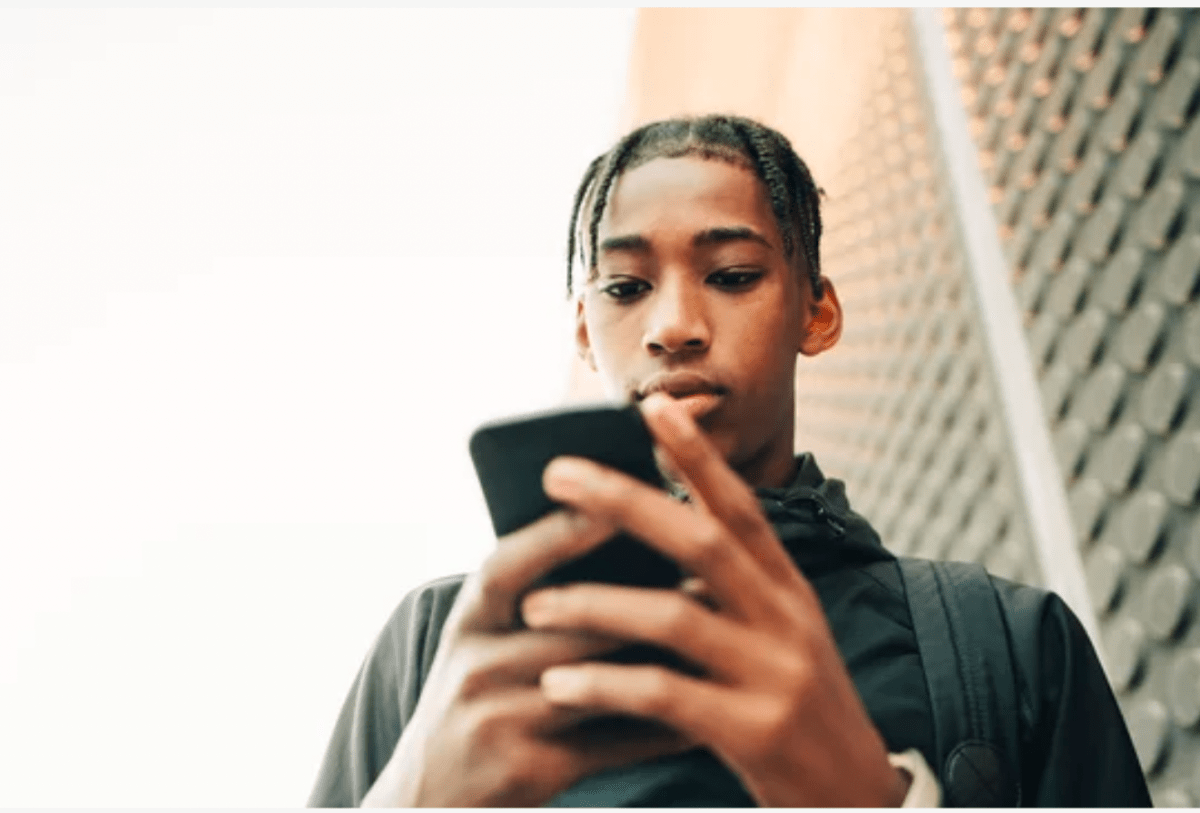The startling frequency of mental health deserts in Houston, especially in Black and underprivileged neighborhoods, is being brought to light by a new study project led by Dr. Chakema Carmack, Ph.D., and Dr. Damien Kelly, Ed.D., at the University of Houston.
The researchers found a difference between regions with high levels of distress and those with adequate access to mental health specialists after analyzing data from 97 Houston ZIP codes. Although there are 3,000 mental health counselors in the city as a whole, many citizens in the most troubled regions lack access to necessary therapy because there are no certified professional counselors (LPCs) or therapists in these areas.
According to Carmack, mental health is the cornerstone of general wellbeing. Families, workplaces, and educational institutions are all impacted by the lack of access in these deserts.
The Houston situation reflects a national pattern. There are about 570 counties in the US without access to counselors, psychologists, or psychiatrists.The federal government has partially or completely identified 246 of Texas’ 254 counties as locations with a deficit of mental health professionals. Accessing mental health care is made much more difficult by the fact that about 5 million Texans lack health insurance.
Nearly one-third of American individuals with mental health disorders are unable to pay for treatment, according to Mental Health America. These obstacles are made worse in Texas by the high number of uninsured people, which further restricts vulnerable persons’ access to care.
Research Findings: Distress Meets Limited Access
To determine which Houston communities most needed mental health services, Drs. Carmack and Kelly used information from Psychology Today and the Distressed Communities Index (DCI). The study demonstrated that a shortage of mental health providers disproportionately affects economically challenged locations, especially those in Black and marginalized populations.
Dr. Carmack highlighted that a hazardous loop is created when poverty and mental health inequities interact. Untreated mental health issues can worsen in underresourced communities, increasing the likelihood of chronic illness, unemployment, and incarceration.
These results fit into a larger national picture. 90% of Americans concur that the nation is experiencing a mental health crisis, per a Kaiser Family Foundation and CNN survey.
Breaking Stigmas and Addressing Barriers
Carmack and Kelly stress that stigma is still a major obstacle, particularly in Black areas, even if there is a paucity of mental health providers. Because of the false belief that mental health issues are a show of weakness, many people are reluctant to seek help.
During her 15 years in social services, Kelly focused on helping low-income and homeless communities.
According to Kelly, mental health concerns are either disregarded or seen as flaws in many Black communities. Prioritizing care and getting the necessary assistance are made much more difficult by this way of thinking.
Access to care is hampered by a number of issues, such as expense, transportation, and a shortage of culturally sensitive healthcare professionals.
According to Kelly, we must address affordability, enhance insurance coverage, and guarantee that care is culturally responsive in addition to expanding the number of providers.
They recommend using a community-centered strategy to address these issues. To involve locals and develop culturally appropriate mental health initiatives, they are collaborating with neighborhood associations, educational institutions, and places of worship. Potential community gathering places for mental health conversations include churches, barbershops, and community centers, which provide safe forums for candid conversations about mental health.
Disseminating information on how to return this to the people it will impact is one of our primary duties. Accordingly, it is definitely community forums at the present, Kelly stated. In my department, we review the podcast Speak Your Piece. We will undoubtedly create some episodes using these other platforms as well, as we are trying to utilize them. We are making an effort to meet people where they are.
Another promising option for increasing access to care is telehealth. Mental health practitioners can remotely deliver necessary treatments and reach underprivileged areas by utilizing platforms.
The research team is now getting ready to publish its findings in a scholarly journal. In order to enhance access to mental health care in Houston’s underprivileged communities, it also works with neighborhood organizations to put workable solutions into practice.
Carmack believes that their study will encourage legislators to emphasize mental care in underserved places and increase funding for mental health initiatives.
According to her, mental health deserts are a sign of more serious structural injustices. By tackling this issue, we can create communities that are healthier and more resilient.




